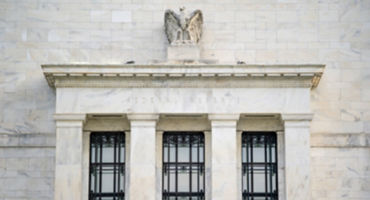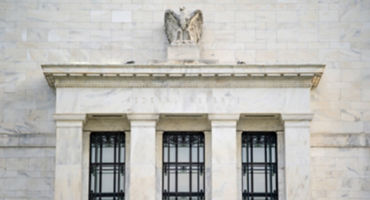In recent months, significant investor concerns have arisen around persistently high inflation, the specter of rising US interest rates, and the potential for economic and/or market disruptions from these risks. Geopolitical escalations in Russia and Ukraine have added yet another layer of complexity to financial markets and the macroeconomic environment. We’d like to highlight four key themes that we believe may support the securitized credit asset class against this challenging backdrop:
- Protection from rising rates: Many of the subsectors within the broader securitized sector have relatively short durations and/or floating-rate coupons, both of which could be beneficial in a rising-rate environment. Shorter duration generally means lower sensitivity to rate increases, while floating-rate coupons provide the potential to generate greater income as those coupons reset higher with rising rates.
- Potential to benefit from inflation: The underlying collateral of the securitized sector, predominantly comprised of real assets, may act as a partial hedge in an inflationary environment. Furthermore, while wage inflation might adversely impact corporate profit margins (a potential negative for corporate credit and equities), it will likely strengthen consumers and, consequently, may reduce the default rate risk on the underlying loans of many assets backing structured securities.
- Income with lower spread duration: Many investors these days are seeking to “de-risk” their portfolios amid all the heightened macro uncertainty, while still seeking to maintain sufficient income. With that in mind, the lower spread duration of many securitized subsectors may offer a compelling value proposition that other fixed income assets often lack.
- Strong sector fundamentals:
- RMBS: The US housing market saw record price increases in 2021. While we expect rising prices to moderate somewhat in 2022, we remain constructive on the housing market’s prospects going forward. The limited supply of US housing should continue to provide a structural tailwind, potentially pushing prices higher still in the months ahead.
- CMBS: The gathering global economic recovery bodes well for commercial real estate fundamentals broadly. CMBS collateral performance has continued to improve, with delinquencies trending lower; however, the recovery has been uneven across property types and geographies. We believe there are still pockets of opportunity in certain COVID-impacted areas of the CMBS market.
- ABS: In aggregate, US consumer balance sheets look quite strong to us by historical standards, as many households have continued to pay down their debt burdens, resulting in lower debt-to-household-income ratios.
- CLOs: Bank loan default rates are near historic lows and are expected to remain fairly benign in 2022. In addition, many CLOs should benefit as the credit rating agencies play “catch up” — upgrading many of the loans that they had downgraded during the COVID pandemic.
Historical performance comparison
By way of historical context, we looked at recent US Federal Reserve (Fed) rate-hiking cycles to see how securitized credit assets have performed relative to other major fixed income sectors during rising-rate periods. In the absence of an all-inclusive market index to use as a proxy for the securitized space, we instead focused on various subsectors that we consider to be representative. As shown in Figure 1, the securitized subsectors generally performed well in rising-rate environments, producing positive total returns.


















